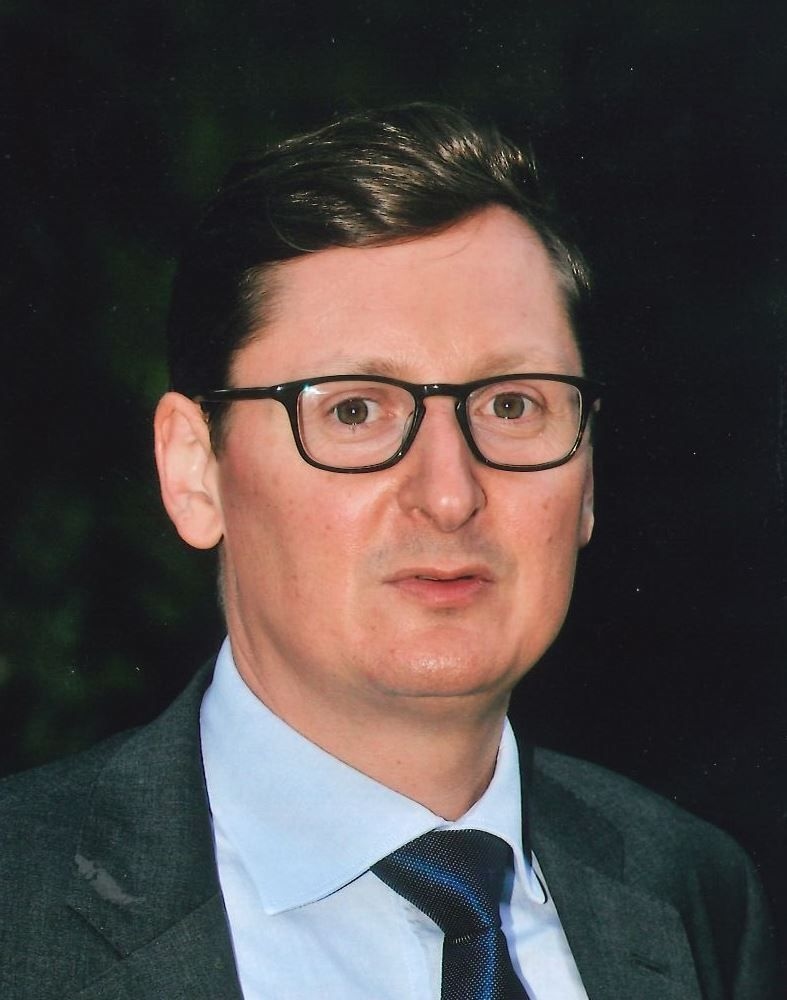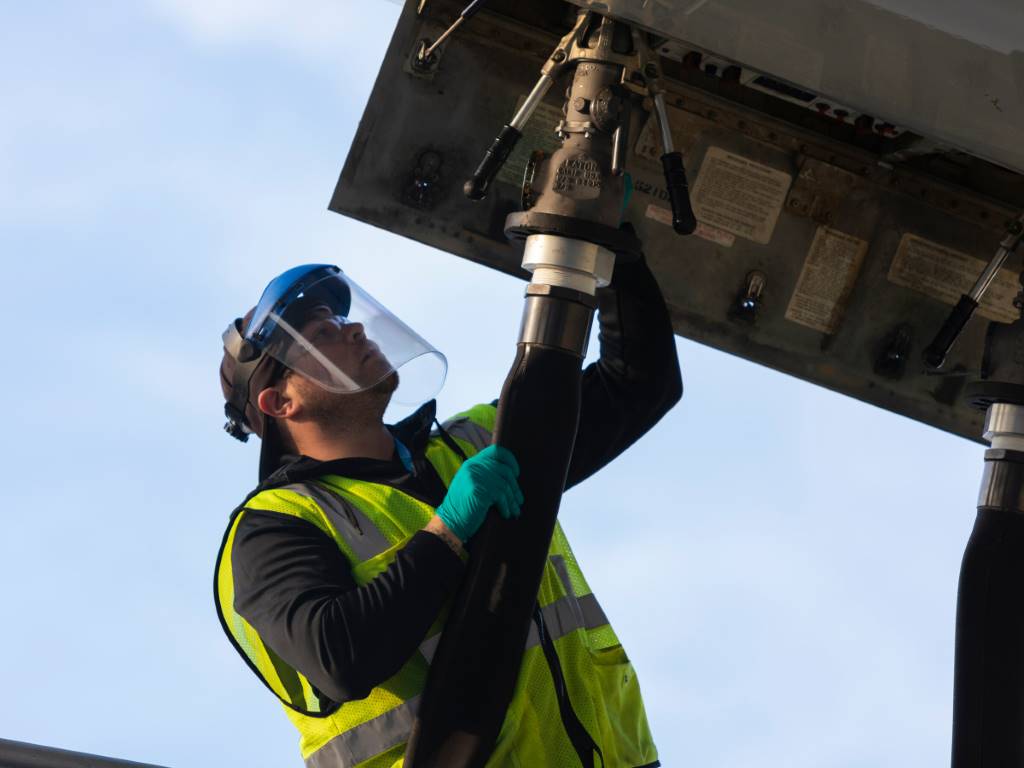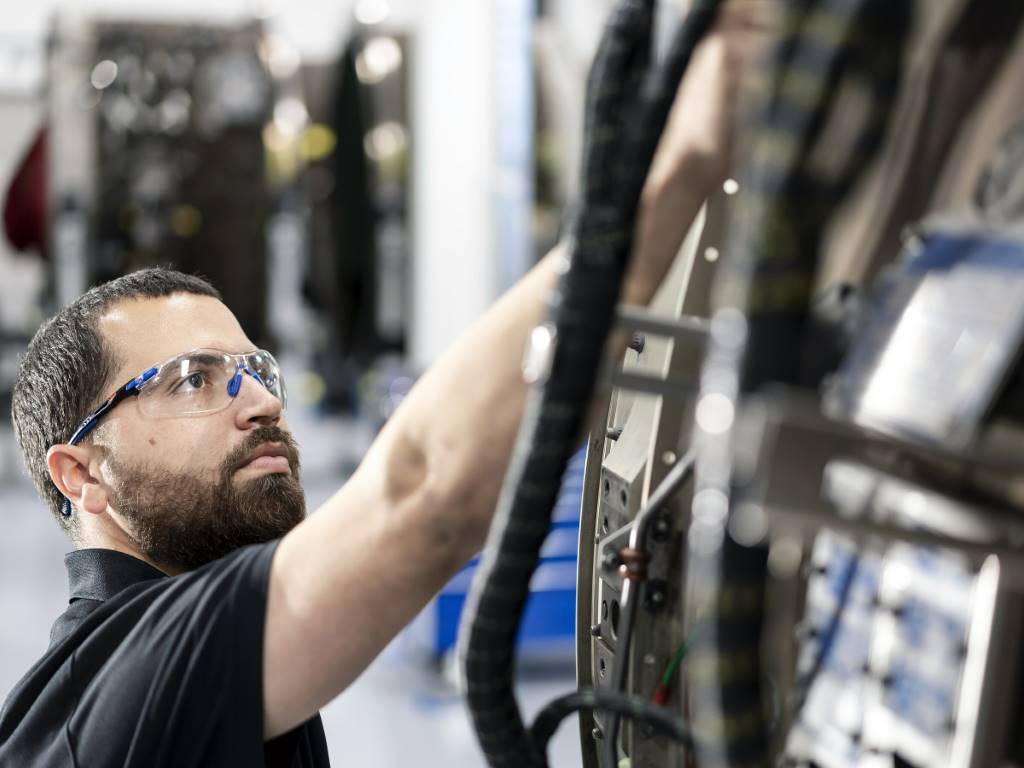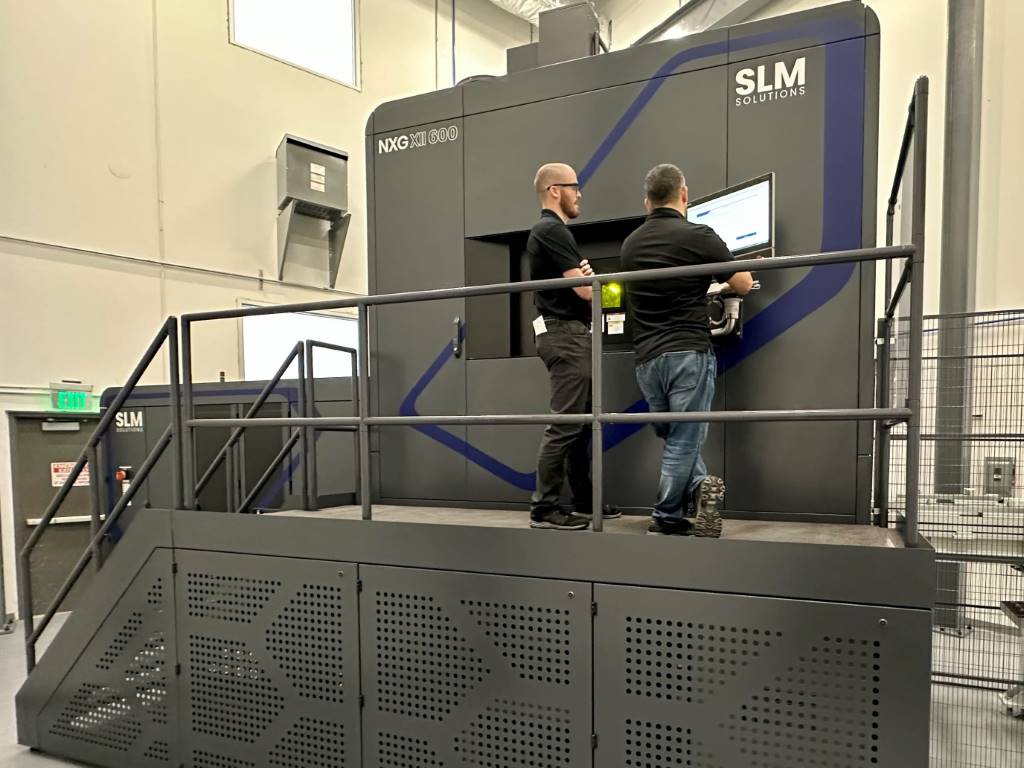Knowledge is power

In a Q&A session, Aerospace Manufacturing hears from Saft’s aviation marketing manager, Jean-Marc Thevenoud, about the company’s new Skyzen batteries and how they are helping to double maintenance intervals for the latest aircraft programmes.
In a Q&A session, Aerospace Manufacturing hears from Saft’s aviation marketing manager, Jean-Marc Thevenoud, about the company’s new Skyzen batteries and how they are helping to double maintenance intervals for the latest aircraft programmes.
Saft has been providing battery solutions for Aviation for more than 80 years and is working in close collaboration with most aircraft manufacturers. The company’s batteries are designed in accordance with the aircraft manufacturer specifications and are going through extensive qualification tests to ensure long life and high reliability.
Q) In general, what kinds of battery performance demands are placed on you by today's airframers?
Choosing a Saft battery means benefiting from three essential functions: high peak power for autonomous engine or APU starting, essential on the ground and especially important in the event of an in-flight engine flame-out; back-up power in case of an in-flight electrical generation system failure where the battery must be able to supply the energy for essential avionic instruments until the aircraft lands; regulation of the aircraft's DC network voltage.
Q) What type of battery technology, i.e. Ni-Cd, lead-acid, Li-ion is most suitable and finding the most traction in the aerospace industry?

Most of the market is using Nickel-based batteries due to it being a well-established, safe, reliable, cost-effective technology that performs well, even at cold temperatures. A few years ago, Saft put a new Nickel-based solution on the market named ULM for Ultra Low Maintenance. ULM offers longer maintenance intervals and lower Total Cost of Ownership (TCO). For example, Saft’s new Skyzen batteries double maintenance intervals for the Airbus A320 aircraft family.
Q) What technological barriers do you overcome in order to get your new battery offerings to market?
Although the market is dominated by Nickel-based batteries, there are a few programmes that are starting to use Li-ion technology. Li-ion battery solutions bring real weight advantages, but add some complexity as it requires an electronic board for control and safety management. The transport regulation is also more complex than it is for Nickel-based batteries.
Safety remains the most important criteria at Saft, no matter what the technology is. Developing a safe battery comes from a good knowledge of cell technologies, battery management systems and manufacturing processes. Saft is one of the few companies able to develop a battery from cell to battery system, which isn’t the case with companies supplying cells from a third party, and having no control on the cell quality, production and obsolescence.
Q) Can you put some time figures on the maintenance interval benefits you are able to offer airframe OEMs on aircraft now in service?
Typically, the Skyzen batteries - the new ULM batteries for Airbus A320 aircraft family - will allow maintenance intervals to extend from 1,000 up to 2,000 flight hours.
Q) And in financial terms, what significant reductions in the total cost of ownership do your batteries provide?
As an example, replacing a competitive Nickel based battery with an ULM battery on a Bombardier Q400 will save each operator $5,400/year/aircraft (cost of the new batteries included).
Q) Battery technology seems to be a sticking point in terms of weight reduction. Is battery technology lagging behind and is the industry getting impatient waiting for the battery design engineers to catch up?
Today, Li-ion technology performance is good enough for hybrid-electric solutions for business jets, regional, and commercial aircraft. Even so, there are currently no large-scale applications, just R&D projects based on hybrid-electric.
Regarding full electric propulsion based on batteries, with the current battery performances, there is a market for small vehicles with short ranges, such as Vertical Take Off and Landing (VTOL) for Urban Air Mobility. It’s not an established market yet, but there are already over one hundred projects in this field.
In order to improve performances, Saft has built an Alliance with other European partners, including Solvay, Manz and Siemens, to launch an ambitious programme of R&D, and industrialisation for new generations of batteries focusing on advanced high-density Li-ion and solid-state technology. These new generation batteries will provide better performance, cost, and safety advantages compared to current Li-ion products.
Solid-state batteries represent a paradigm shift in terms of technology. In modern Li-ion batteries, ions move from one electrode to another across the liquid electrolyte (also called ionic conductivity). In all solid-state batteries, the liquid electrolyte is replaced by a solid compound which nevertheless allows lithium ions to migrate within it. This concept is far from new, but over the past 10 years – thanks to intensive worldwide research – new families of solid electrolytes have been discovered with very high ionic conductivity, similar to the liquid electrolyte, allowing for this particular technological barrier to be overcome.
Q) What serious thought is being given to the disposal and recyclability of worn batteries?
Efficient use of resources and reducing our impact on the environment are at the heart of everything we do. We are committed to high standards of environmental stewardship and to developing sustainably-responsible products. From eco-design, life-cycle assessments, recycling raw materials, reducing our own emissions and ensuring that our customers can recycle spent batteries, we are investing in our sustainable future.

A great example is Saft's Li-ion rechargeable technology, which not only offers improved performance while extending the lifetime of industrial batteries, but significantly cuts their environmental impact in terms of clean energy, having a sustainable design, maintaining a circular economy and Saft’s commitment to minimising the environmental impact its manufacturing operations.
Q) What differentiates and sets your company apart from the competition?
Saft's first aircraft programme dates back to 1932, when the Aeropostale Company requested batteries that could ensure the easy start of their aircraft engines. The company has earned a reputation for performance, reliability and durability through its mastery of nickel and Li-ion technologies specifically developed for aircraft. Saft is also known for being a dedicated partner that delivers quality products, technical expertise, professional service, and around-the-clock support, all for the lowest total cost of ownership.
Q) Finally, where do you see the biggest power management challenge coming from this year?
The biggest challenge is to develop battery systems for the new markets to come, such as hybrid/full electric, without knowing yet which exact regulations will apply. Saft's high-performance Ni-based batteries are meeting the expectations of today's aircraft. Our engineers are already putting their 15+ years of experience with Li-ion applications to work on developing cutting-edge battery systems to meet the increased power and energy demands for More and All Electric Aircraft. Whatever the development, safety remains the number one priority, and we are taking advantage of our past experience to develop reliable and efficient battery systems.













